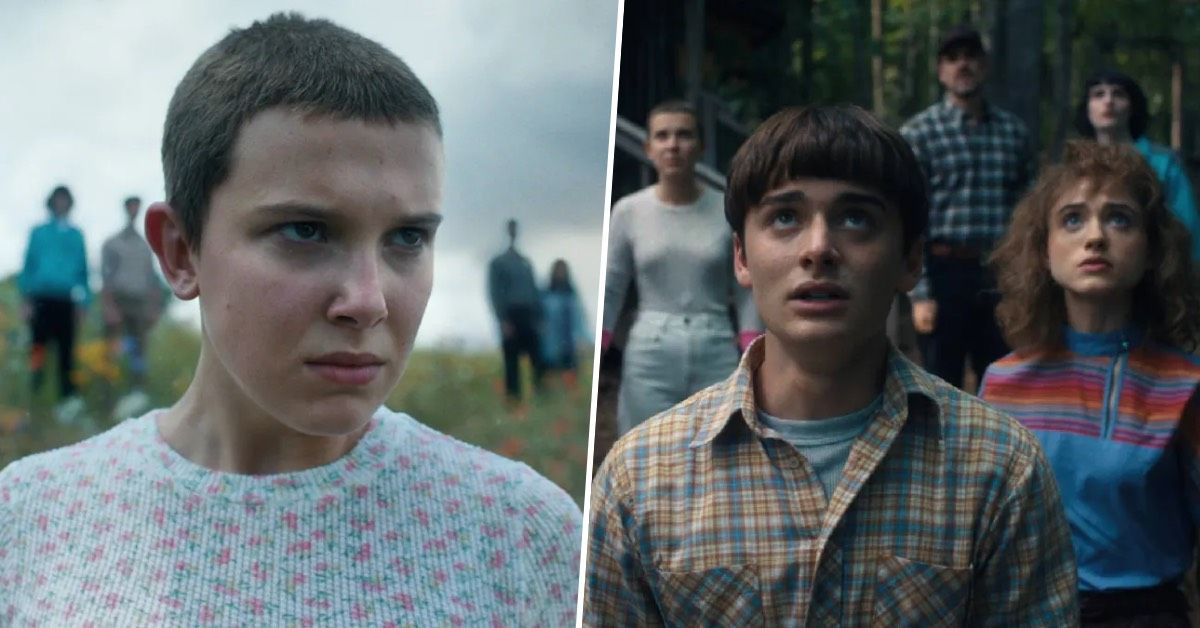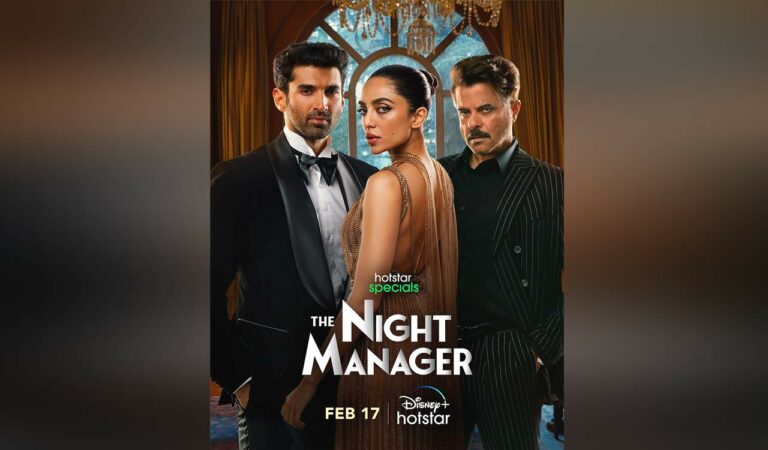The tale of podcaster Alex Cooper encapsulates everything you need to know about the podcast industry in the United States. After completing her degree in film and television at Boston University, she initially ventured into sales. However, in 2017, she and her roommate Sofia Franklyn launched a podcast called "Call Her Daddy," delving into topics including relationships and sexuality.
3 View gallery Alex Cooper and Sofia Franklyn ( Photo: Youtube ) Just a year later, the podcast caught the attention of media giant Barstool Sports, which acquired it and offered both of them a solid base salary of $75,000, excluding bonuses tied to episode audience figures. Fast forward to 2021, and the podcast was snapped up by Spotify for a whopping $60 million over three years. Now, Cooper is on the brink of signing a $100 million deal with production company SiriusXM, according to a report by the Wall Street Journal.

Other prominent names in the industry with lucrative contracts include comedian and host Trevor Noah, who is set to renew his show "What Now?" for a second season on Spotify, and of course, stand-up comedian and MMA commentator Joe Rogan, who inked a $250 million deal with Spotify for his show "The Joe Rogan Experience." The podcast industry, which began as an accessible platform for anyone wanting to discuss a wide range of topics – from crime to science to sexuality – has transformed into an arena for superstars, drawing the largest audiences and the big bucks. Despite nearly 450,000 active podcasts in the U.
S., the top 25 podcasts capture almost half of the weekly listeners in the country. 3 View gallery Joe Rogan ( Photo: Reuters ) Today, the biggest stars enjoy tours, merchandise sales and multi-year deals worth hundreds of millions of dollars.
Podcast distributors like Spotify and Amazon are capitalizing on this dynamic. Some are trying to sell subscriptions to their leading shows, hoping to convince audiences to pay more for ad-free listening, early access or exclusive bonus content. They are also creating video versions of podcasts and selling more ads to major brands like car manufacturers and alcohol distributors.
Lessons learned But there are also disappointments. Spotify signed significant deals with celebrities, hoping they would succeed, but often they failed and lost money. For example, Prince Harry and Meghan Markle signed a $20 million deal but only produced one program.
Other platforms like Amazon, iHeart and Sirius also squandered funds. Now, distributors are adding clauses to their podcast contracts to protect them from such substantial losses. In Cooper's anticipated deal with Sirius, the podcast will need to meet minimum audience targets.
This type of condition is becoming increasingly common. Noah's deal with Spotify allows the streaming platform to recoup its initial multi-million dollar investment and share any additional ad revenue with him. Nearly 100 million Americans ages 12 and older listen to podcasts every week.
Podcast advertising revenue is expected to grow by 12% to over $2 billion this year and reach nearly $2.6 billion by 2026. 3 View gallery Conan O'Brien podcast ( Photo: YouTube ) Podcast creators regularly record both audio and video of their episodes, post them on YouTube, and receive a share of the revenue from any ads sold against those videos.
Spotify started this move about four years ago, and it has been very successful with Rogan and Cooper. Now, they have a quarter of a million podcast creators uploading video through their service. Amazon, through its podcast unit Wondery, is betting that today's leading podcasts have the potential to become hits in other media like movies, television and books.
The company plans to launch video episodes of the successful podcast "Armchair Expert" after signing an $80 million deal with comedian Dax Shepard. NFL stars and "New Heights" podcast hosts Jason and Travis Kelce are seeking a deal in the $100 million range and have held talks with Wondery. Smaller and less proven stars can make deals with distributors, but their contracts are significantly lower, and some even struggle to secure any deals.
This makes the sale of merchandise and tour performances even more crucial. By the way, just like in Israel, many podcasters do their shows as a side gig and have other jobs that bring them money. >.



















